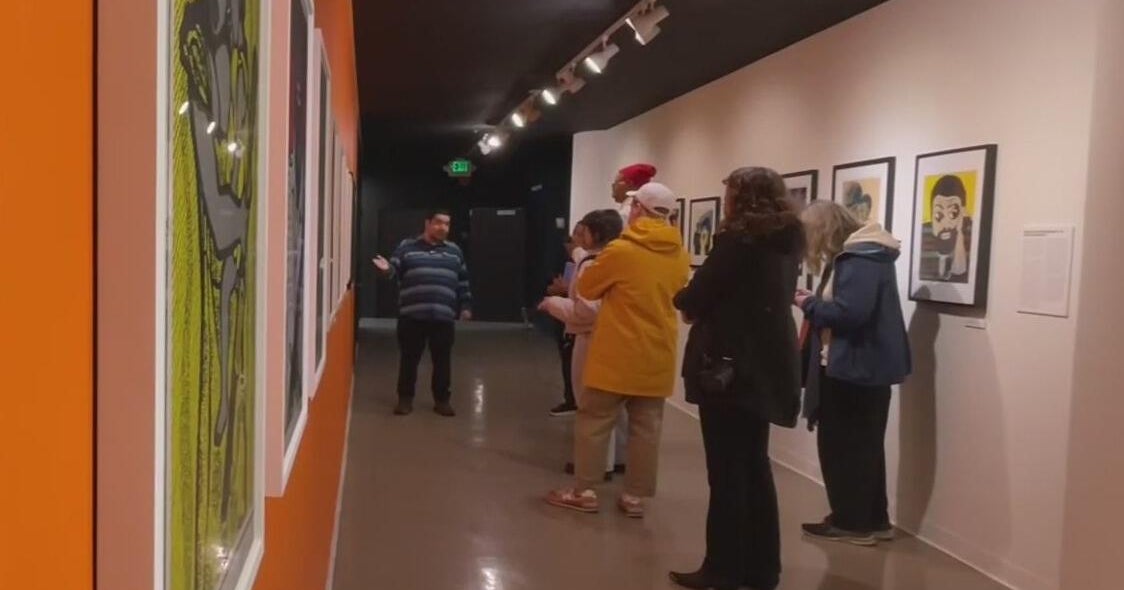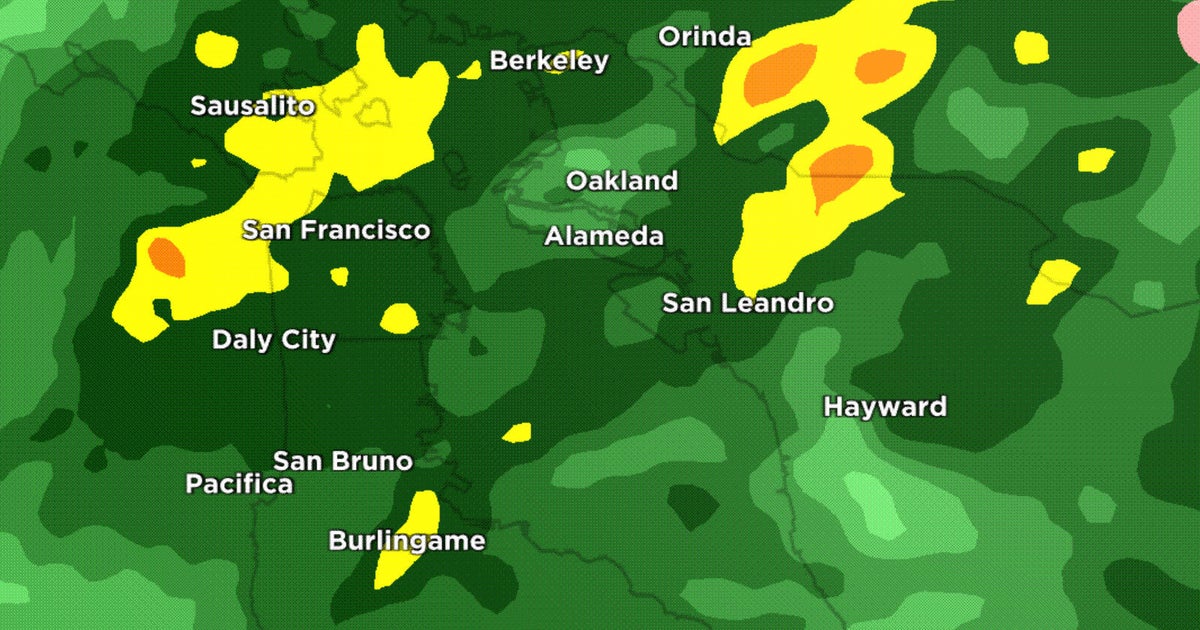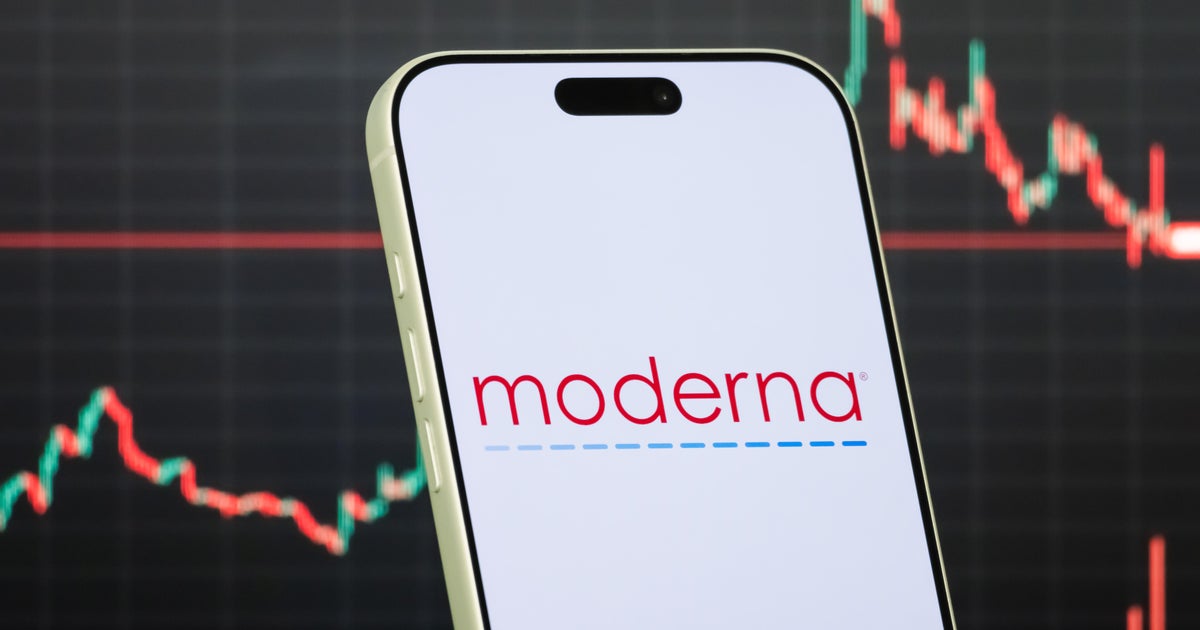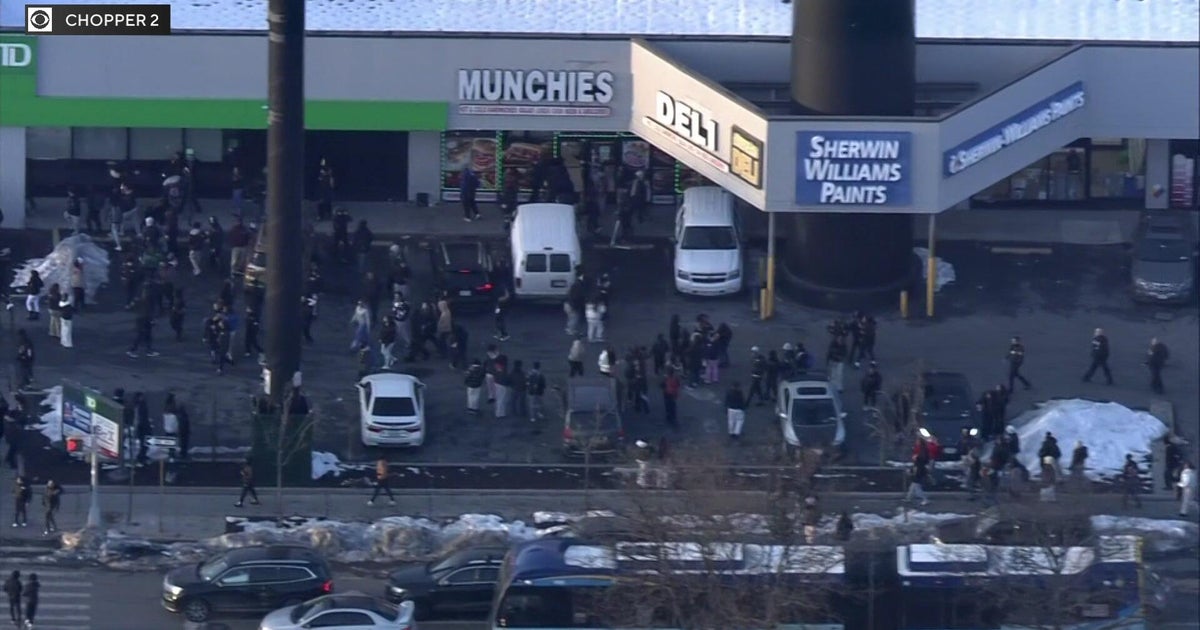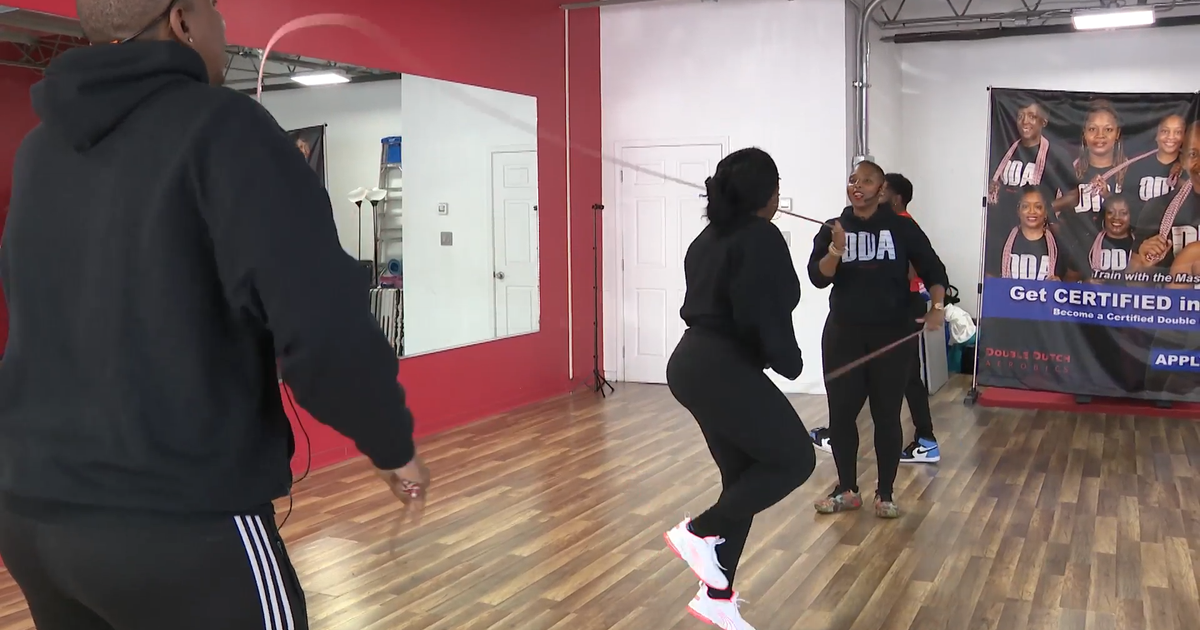Bay Area COVID-19 Vaccine Resources Page
With thousands of San Francisco Bay Area residents becoming fully vaccinated each week, just what does that mean to your daily life. Here are the recommendations from the Centers for Disease Control and Prevention.
Fully vaccinated people can:
- Visit with other fully vaccinated people indoors without wearing masks or physical distancing
- Visit with unvaccinated people from a single household who are at low risk for severe COVID-19 disease indoors without wearing masks or physical distancing
- Refrain from quarantine and testing following a known exposure if asymptomatic
- Resume domestic travel and refrain from testing before or after travel or self-quarantine after travel
- Refrain from testing before leaving the United States for international travel (unless required by the destination) and refrain from self-quarantine after arriving back in the United States
For now, fully vaccinated people should continue to:
- Take precautions in public like wearing a well-fitted mask and physical distancing
- Wear masks, practice physical distancing, and adhere to other prevention measures when visiting with unvaccinated people who are at increased risk for severe COVID-19 disease or who have an unvaccinated household member who is at increased risk for severe COVID-19 disease
- Wear masks, maintain physical distance, and practice other prevention measures when visiting with unvaccinated people from multiple households
- Avoid medium- and large-sized in-person gatherings
- Get tested if experiencing COVID-19 symptoms
- Follow guidance issued by individual employers
- Follow CDC and health department travel requirements and recommendations
Visits between fully vaccinated people
Indoor visits between fully vaccinated people who do not wear masks or physically distance from one another are likely low risk. For example, if you are fully vaccinated, it is likely a low risk for you to invite other fully vaccinated friends to dinner inside your private residence.
Visits between fully vaccinated people and unvaccinated people
Indoor visits between fully vaccinated people and unvaccinated people who do not wear masks or physically distance from one another are likely low risk for the vaccinated people.
Therefore, the level of precautions taken should be determined by the characteristics of the unvaccinated people, who remain unprotected against COVID-19.
Vaccinated people visiting with unvaccinated people from a single household that does not have individuals at risk of severe COVID-19
If the unvaccinated people are from a single household that does not have individuals at risk of severe COVID-19, they can visit with fully vaccinated people indoors, without anyone wearing masks, with a low risk of SARS-CoV-2 transmission. For example, fully vaccinated grandparents can visit indoors with their unvaccinated healthy daughter and her healthy children without wearing masks or physical distancing, provided none of the unvaccinated family members are at risk of severe COVID-19.
Vaccinated people visiting with unvaccinated people from a single household that has individuals at risk of severe COVID-19
If any of the unvaccinated people or their household members are at increased risk of severe COVID-19, all attendees should take precautions including wearing a well-fitted mask, staying at least 6 feet away from others, and visiting outdoors or in a well-ventilated space.
For example, if a fully vaccinated individual visits with an unvaccinated friend who is seventy years old and therefore at risk of severe disease, the visit should take place outdoors, wearing well-fitted masks, and maintaining physical distance (at least 6 feet).
Vaccinated people visiting with unvaccinated people from multiple households at the same time
If the unvaccinated people come from multiple households, there is a higher risk of SARS-CoV-2 transmission among them. Therefore, all people involved should take precautions including wearing a well-fitted mask, staying at least 6 feet away from others, and visiting outdoors or in a well-ventilated space.
Continuing the example from above, if fully vaccinated grandparents are visiting with their unvaccinated daughter and her children and the daughter's unvaccinated neighbors also come over, the visit should then take place outdoors, wearing well-fitted masks, and maintaining physical distance (at least 6 feet). This is due to the risk the two unvaccinated households pose to one another.
Travel
Fully vaccinated travelers are less likely to get and spread SARS-CoV-2 and can now travel at low risk to themselves within the United States. International travelers need to pay close attention to the situation at their international destinations before traveling due to the spread of new variants and because the burden of COVID-19 varies globally.
CDC prevention measures continue to apply to all travelers, including those who are vaccinated. All travelers are required to wear a mask on all planes, buses, trains, and other forms of public transportation traveling into, within, or out of the United States and in U.S. transportation hubs such as airports and stations.
Domestic travel (within the United States or to a U.S. territory)
- Fully vaccinated travelers do not need to get a SARS-CoV-2 viral test before or after domestic travel, unless testing is required by local, state, or territorial health authorities.
- Fully vaccinated travelers do not need to self-quarantine following domestic travel.
- For more information, see Domestic Travel During COVID-19.
International travel
-
- Fully vaccinated travelers do not need to get tested before leaving the United States unless required by their destination.
- Fully vaccinated air travelers coming to the United States from abroad, including U.S. citizens, are still required to have a negative SARS-CoV-2 viral test result or documentation of recovery from COVID-19 before they board a flight to the United States.
- International travelers arriving in the United States are still recommended to get a SARS-CoV-2 viral test 3-5 days after travel regardless of vaccination status.
Fully vaccinated travelers do not need to self-quarantine in the United States following international travel.
How To Get Vaccinated
California has set up the MyTurn.CA.gov website to register and check your vaccination eligibility. You can also sign up in your county to be alerted when you can receive a vaccination:
- Alameda County
- Berkeley
- Contra Costa County
- Marin County
- Napa County
- San Mateo County
- Santa Clara County - link provides links to health care providers including Kaiser, PAMF (Sutter Health, Stanford, SCV Medical, Regional)
- San Francisco
- Solano County
- Sonoma County
- Santa Cruz County
Major Healthcare Systems:
- Adventist Health
- AHMC Seton Medical Center
- Dignity Health
- Kaiser Permanente
- Stanford Health
- Sutter Health
- UCSF
On May 12, the CDC recommended Pfizer's COVID vaccine for children age 12 and up. In addition to scheduling vaccine appointments via the MyTurn website, Stanford Children's Health is hosting two vaccination clinics specifically for kids in that age group. Those clinics are located at:
- Cisco Garage (SJC Parking Structure 2) at 350 E Tasman Dr, San Jose. Monday to Friday, 8 a.m. - 4 p.m.
- Alameda County Fairgrounds Vaccination Site, 4501 Pleasanton Ave, Pleasanton, CA 94566. Tuesday to Friday, 8 a.m. - 4:30 p.m.
An East Bay software engineer has developed a free app that scrapes the websites of more that 20 healthcare providers in the Bay Area, scouring for open vaccine appointments, and immediately notifying users in real-time. Information on how to use his app is available online here.
Rite Aid, CVS, Walgreens, Costco
Rite Aid announced near the end of February that its booking more vaccination appointments at multiple locations throughout the Bay Area, including San Mateo, Redwood City, San Jose and Santa Clara. Customers can sign up on the Rite Aid website: riteaid.com/pharmacy/covid-qualifier. Those who use Rite Aid's service are automatically signed up for a second dose.
Starting on Friday, February 12, the COVID-19 vaccine will be available at 100 CVS Pharmacy locations across California for those who are eligible. Patients must register in advance at CVS.com or through the CVS Pharmacy app. The website provides a full listing of cities where the vaccine is available.
People without online access can contact CVS customer service: (800) 746-7287. Walk-in vaccinations without an appointment will not be provided.
Select Walgreens stores in Contra Costa County also plan to begin vaccinations starting Friday, Feb. 12. Appointments are required and can be made on the Walgreens website.
Costco has announced it will begin offering a limited number of appointments for COVID-19 vaccinations at its pharmacies in four California counties -- Marin, Los Angeles, Riverside and San Bernandino. Currently, the only Bay Area location is at the Novato Costco. Costco officials said the appointments can only be made online. They added that the chain was offering a limited number of COVID-19 vaccines, typically Moderna. "Please do not contact the local Costco pharmacy as they are unable to schedule an appointment or provide current eligibility requirements," Costco said on its website. "Check back frequently for updates about COVID-19 vaccine availability."
California State Vaccination Tiers:
Tier 1A
- Healthcare workers
- Long-term care residents
1B Tier One
- Individuals 75 and older
- Those at risk of exposure at work in the following sectors -- education (teachers), childcare, emergency services, food and agriculture
Vaccinating those at higher risk
Beginning March 15, healthcare providers may use their clinical judgement to vaccinate individuals aged 16-64 who are deemed to be at the very highest risk to get very sick from COVID-19 because they have the following severe health conditions:
- Cancer, current with weakened immune system
- Chronic kidney disease, stage 4 or above
- Chronic pulmonary disease, oxygen dependent
- Down syndrome
- Solid organ transplant, leading to a weakened immune system
- Pregnancy
- Sickle cell disease
- Heart conditions, such as heart failure, coronary artery disease, or cardiomyopathies (but not hypertension)
Severe obesity (Body Mass Index ≥ 40 kg/m2) - Type 2 diabetes mellitus with hemoglobin A1c level greater than 7.5%
OR
If as a result of a developmental or other severe high-risk disability one or more of the following applies:
- The individual is likely to develop severe life-threatening illness or death from COVID-19 infection
- Acquiring COVID-19 will limit the individual's ability to receive ongoing care or services vital to their well-being and survival
- Providing adequate and timely COVID care will be particularly challenging as a result of the individual's disability.
Vaccine Scams
Federal officials are warning San Francisco Bay Area residents Thursday of 6 scams circulating throughout California and the country taking advantage of the growing frenzy over COVID-19 vaccine appointments.
Here are the 6 scams:
-
- SCAM: You're asked to pay for your vaccine
You won't have to pay to receive the Covid-19 vaccine when it's your turn. If you're asked to pay or provide private information, that's not legit.You should only receive a COVID-19 vaccine at authorized vaccination sites such as hospitals, pharmacies or mass vaccination hubs such as sports arenas. If you're not sure where to find your local vaccination site, you can look them up by state through the Centers for Disease Control and Prevention.It's possible your vaccine provider will charge you an "administration fee" for giving you the shot. You can be reimbursed for this fee through your insurance or, if you're not insured, through the Health Resources and Services Administration's Provider Relief Fund, per the CDC. If you can't afford the fee, though, you won't be turned away. - SCAM: You're offered early access for a fee
If you receive an offer to get your Covid-19 vaccine early for a fee, ignore it. No health department or vaccination site would vaccinate someone ahead of schedule if they paid for it.The FBI warned of this scam in December 2020, and reports from the Better Business Bureau's Scam Tracker show that unknown scammers have sent unsolicited texts to random users, offering them access to the vaccine regardless of where in the vaccination schedule they fall. - SCAM: You're told to pay to put your name on a waiting list
As mentioned above, your local health department or vaccination site will not reach out to you and ask for payment to be put on a waiting list. Some vaccination sites in New York, Houston and Miami have created waiting lists -- mostly for seniors who are eligible to receive their vaccines now but haven't been able to get an appointment -- but those vary by location.Some have had better luck showing up at vaccination sites toward the end of the day in search of leftover vaccines. But if sites do have extra vaccines that must be used within a few hours, you won't be asked to pay for them. - SCAM: You're asked to schedule appointments through unverified platforms
Unless you're certain your local health department is scheduling vaccine appointments on Eventbrite or similar platforms, you should avoid registering through sites unaffiliated with your health department or pharmacy.Some counties are using Eventbrite to schedule vaccine appointments, but the ambiguity has made it easier for scammers to cash in. In one Florida county where health officials did not use Eventbrite, scammers made fake accounts and charged applicants to make vaccine appointments in the county anyway.It's best to schedule an appointment through your health department or local pharmacy. - SCAM: You're told to pay to have the vaccine shipped to you
Vaccine distributors are not shipping doses of the vaccine to individuals, and you shouldn't administer the vaccine to yourself. You should only receive a vaccine at authorized vaccination sites, which you can find through your state health department or the CDC. - SCAM: You're made to take additional tests before you get a vaccine
You won't be made to take an antibody test or COVID-19 test before you receive your vaccine, so if you get texts, calls or emails that claim you should buy a test before you go, that's a scam. As reported by CNET and AARP, you don't need to undergo any additional medical tests before or during your vaccine appointment.
- SCAM: You're asked to pay for your vaccine
How to avoid getting scammed
Staying vigilant and informed is the best way to prevent scammers from accessing your money or private information.
It's best to reach out to your health care provider directly to get the facts, rather than solely interact with an unknown person through email or text. It's unlikely that a legitimate source would ask you to pay for a vaccine or visit a glitchy link.
If an unknown source asks for your Social Security number, bank account information or insurance ID, don't give it to them unless you've verified their identity with an official source, such as your health department or health care provider.

